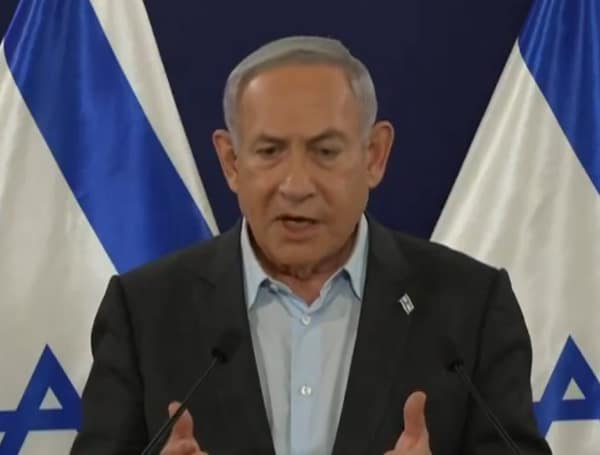Israeli Prime Minister Benjamin Netanyahu Israel confirmed Thursday the killing of Yahya Sinwar, the Hamas Political Bureau Chairman, in Rafah, so
Israel confirmed Thursday the killing of Yahya Sinwar, the Hamas Political Bureau Chairman, in Rafah, southern Gaza Strip. Sinwar’s death, while a significant blow to Hamas leadership, is not expected to change the group’s negotiating stance in the ongoing conflict.
Israeli officials reported on October 17 that Sinwar was killed by Israel Defense Forces (IDF) soldiers from the 828th Infantry Brigade, who fired a tank round at a building in Tal al Sultan, Rafah, where Sinwar and two other fighters were hiding.
READ: Israel Finalizes Potential Targets In Iran As Tensions Rise; U.S. Bombs Houthi Targets In Yemen
The IDF had previously assessed that Sinwar was using Israeli hostages in Gaza as human shields, based on DNA samples found in a tunnel where six hostages were killed in late August 2024. However, no hostages were reported to have been with Sinwar at the time of his death.
Hamas is unlikely to soften its position despite Sinwar’s death, as the group continues to use the remaining hostages as leverage to push Israeli Prime Minister Benjamin Netanyahu toward a ceasefire. Hamas has previously executed six hostages and released propaganda videos aimed at pressuring the Israeli government to negotiate. Sinwar’s deputy and chief negotiator, Khalil al Hayya, is expected to temporarily take over political affairs, though he is unlikely to moderate his hardline stance, given his close ties to Iran.
Mohammad Sinwar, Yahya’s brother, is expected to take on much of the military leadership in Gaza but will likely share responsibilities with other commanders. Although Hamas’ leadership is under extreme pressure, Mohammad Sinwar’s experience as a military commander—along with other key figures like Gaza City Brigade Commander Izz al Din al Haddad—positions him as a central figure in potentially rebuilding Hamas if the group survives the ongoing war.
While Sinwar’s death marks a significant loss for Hamas, the group’s internal structure and the pressures of the ongoing conflict suggest that the change in leadership is unlikely to lead to immediate shifts in Hamas’ broader strategy.
Please make a small donation to the Tampa Free Press to help sustain independent journalism. Your contribution enables us to continue delivering high-quality, local, and national news coverage.
Android Users: Download our free app to stay up-to-date on the latest news.
Connect with us: Follow the Tampa Free Press on Facebook and Twitter for breaking news and updates.
Sign up: Subscribe to our free newsletter for a curated selection of top stories delivered straight to your inbox.

